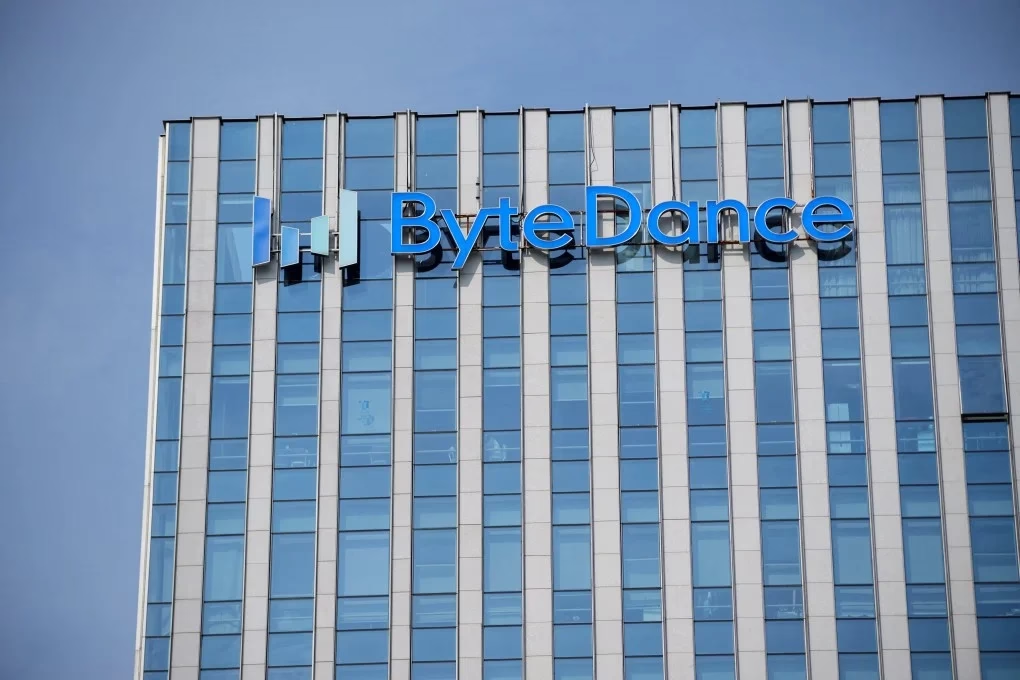ByteDance, the parent company of TikTok, is reportedly planning to invest over $12 billion in artificial intelligence (AI) infrastructure in 2025, according to the Financial Times. This ambitious move aligns with the company’s efforts to enhance its AI capabilities while facing regulatory pressure from Washington to divest TikTok’s U.S. operations.
Major Investment in AI Chips
The report suggests ByteDance intends to allocate approximately 40 billion yuan ($5.5 billion) to acquire AI chips in China. Additionally, the company will invest $6.8 billion overseas to expand its foundation model training capabilities, relying heavily on advanced Nvidia chips.
While Nvidia declined to comment, the Financial Times noted that a significant portion of the domestic chip orders—about 60%—would go to Chinese suppliers such as Huawei and Cambricon. The remaining orders would be for Nvidia chips modified to comply with U.S. export controls.
Beijing’s Push for Domestic Semiconductor Usage
In line with Beijing’s informal guidance, Chinese tech companies are expected to source at least 30% of their chips from domestic suppliers. This directive reflects China’s broader goal of reducing reliance on foreign semiconductor technology amid rising geopolitical tensions.
ByteDance’s Response and U.S. Delays
In response to the report, a ByteDance spokesperson stated, “The anonymously sourced information about our plan is incorrect.” Meanwhile, the U.S. government continues to scrutinize TikTok over national security concerns. President Donald Trump recently signed an order delaying a TikTok ban, which was initially set to take effect on January 19.
Strategic Implications
ByteDance’s reported investments underline its commitment to staying at the forefront of AI innovation. The focus on domestic suppliers also aligns with China’s broader technological self-reliance goals, particularly in semiconductors, which have become a critical area of global competition.
As ByteDance navigates regulatory pressures in the U.S. and strategic priorities in China, its aggressive AI investments could play a pivotal role in shaping its future.



